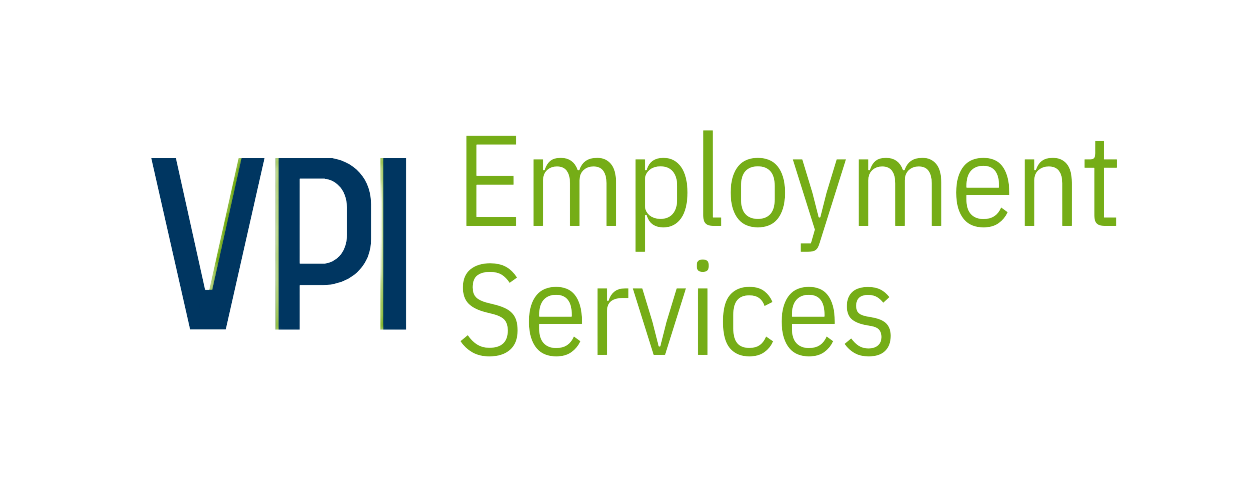Our Job Placement Specialists and Resource Specialists work with job seekers every day to help them prepare for entering the workforce. Recently, we asked our team of experts what they view as the biggest mistake that young, first-time job seekers make during their job search. The number one answer, with more than 50% of respondents, is “unrealistic expectations”.
Why are unrealistic expectations such a problem?
Having unrealistic expectations can make your job search last longer. If your expectations are too high, you may have difficulty finding an opportunity that can meet them. The more you expect out of your first job, the fewer options you will have and the more time you will have to spend searching for the perfect placement.
Unrealistic expectations can also be a problem if you manage to land a job. If your expectations are unreasonable, you may be disappointed once the day-to-day reality of the job sets in. This could translate into an unsatisfying or brief work experience.
So, what should you expect during your first job search?
Job type
What type of jobs are you looking for? What types of jobs do you think you would be well-suited to? If you haven’t given these questions much thought in the past, you may be in for a bit of a surprise when you start to research what jobs are readily-available to young job candidates with limited or no experience.
The truth is that many, if not most, first jobs are unglamorous. According to the most recent data from Statistics Canada, the top three job types for youth age 19-24 are retail (25%), food service (19.1%) and info, culture and recreation (7.3%). These three industries account for more than half (51.4%) of youth employment in Canada. If you are between the ages of 19-24 in Canada and looking for a job, there is a good chance that the one you find will be in one of these industries.
Compensation
In July 2016, the average hourly wage for a worker aged 15-24 in Ontario was $14.03. But before you set your expectations as high as $14 per hour, keep in mind, this figure is an average and not necessarily what you should expect out of a first job.
Minimum wage
You are probably familiar with the phrase “minimum wage”. The minimum wage is the least amount of money that an employer is legally allowed to pay an employee. The minimum wage is set at the provincial level — the Ontario minimum wage may be different from the minimum wage in British Columbia.
In Ontario, the current, standard minimum wage is $11.25 per hour. In October 2016, the minimum wage is slated to increase to $11.40 per hour.
It’s important to note that minimum wage gets a little more complicated depending on a few different factors. In Ontario, if you work as a hunting or fishing guide your minimum wage could be as high as $112.60 per hour. If you serve alcohol at your job, the minimum wage can be lower–$9.80 per hour–but includes tips on top of the minimum wage. The minimum wage can also be as low as $10.55 per hour if you are a “student”.
Student minimum wage
If you are under 18 years of age and work no more than 28 hours a week when school is in session you will may likely be paid the student minimum wage ($10.55 per hour). If you work more than 28 hours per week while school is in session, you are entitled to the standard minimum wage ($11.25 per hour).
The exact amount of money that you will be paid for your first job depends on a few different factors. While it is possible to find a job that pays more than minimum wage, nearly half of youth workers earn minimum wage . You might be able to find a job that pays closer to the $14.03 per hour Ontario average for youth, but it would be reasonable to expect to be paid the minimum wage–around $10-11.50 per hour.
Hours
Most first jobs are paid on an hourly wage rather than an annual salary. The number of hours you work directly affects your bottom line.
There are generally, two types of employment in Canada when it comes to the number of hours that you work: full-time and part-time. Full-time work is 30 or greater hours per week and part-time work is fewer than 30 hours per week. If you are looking to make as much money as possible with your first job, a full-time position will give you a better chance at that.
According to Statistics Canada, about 48% of employed youth work part-time jobs. This is a much higher percentage than those older than 25 (about 14%). So it is reasonable for you to expect your first job to have part-time hours.
Don’t get discouraged
Understanding what you can expect from your first job is a great way to ensure that your job search does not end in disappointment. Being realistic is not the same thing as being pessimistic. Although your first job may not end up being everything you might want, it also won’t likely be your last job. As one of our job placement specialists put it: “Entry level opportunities may not meet all your expectations, but they are stepping stones to the longer term career goal.”
If you would like to learn more about what to expect during your job search—including information on jobs, salary, education requirements and availability—you may be interested in Career Cruising software. To access Career Cruising, book an appointment today , or just drop-in at one of our locations .

